https://www.youtube.com/watch?v=2GphwUR5Ul8
Intermittent Fasting For Women _ Lose Weight After 40 _ Doctor Tries Intermittent Fasting
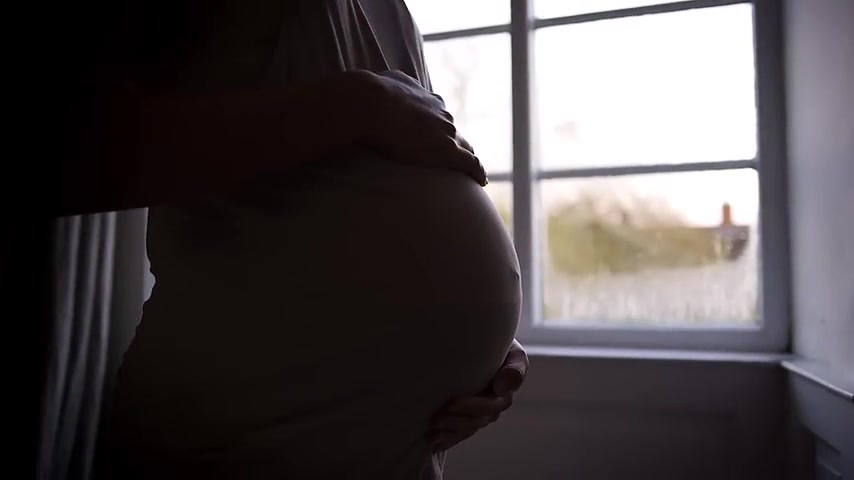
So I love to eat and I'm currently 49 years old and I have had two kids , which means that conventional wisdom would tell me that it's perfectly normal , that I should be gaining some weight as I continue to get older .
And also that circumstances would not be on my side if I wanted to actually lose weight .
I'm also a doctor .
I'm a conventionally trained MD and I was taught to tell patients that if they wanted to lose weight , they simply needed to eat less and move more and that my friends did not work at all for my patients and it didn't work for me when I decided that I did actually want to lose some weight .
So how did I lose weight in my forties ?
In fact , getting down to not only what I weighed before having kids , but actually getting down to what I weighed in my early twenties , intermittent fasting .
You guys , that's how I did it .
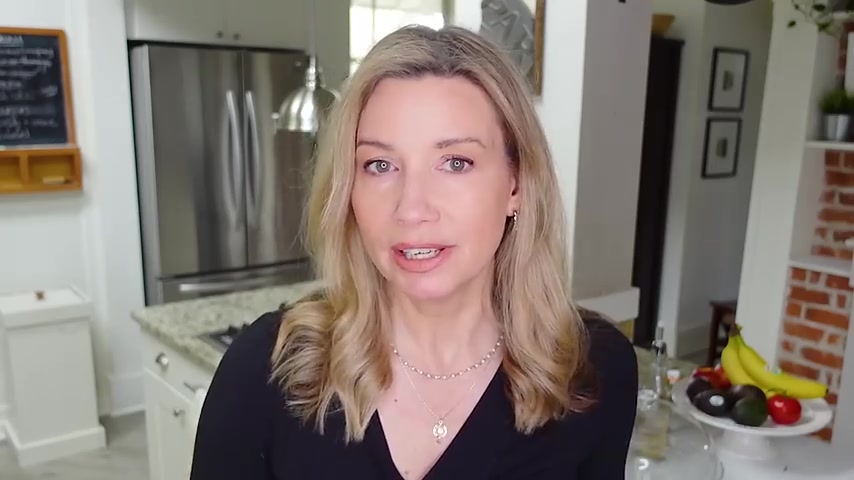
And I am going to tell you exactly how it works , not just from the medical perspective , but also from a personal perspective .
So let's talk about intermittent fasting .
Now , if you are feeling skeptical about this then stay with me .
Because trust me , I was super skeptical too .
I was trained in a very conventional way in medicine and basically always believed the calories in calories out model intermittent fasting seemed way too extreme and too unpleasant .
And as I said , I love food .
I thought there was no way that this was going to work for me , let alone for anyone else .
It just didn't seem like a good idea .
But through a series of events that I might talk about in a future video , my mindset shifted a little and I decided to just dig in a bit more and learn more first before just dismissing it out .
Right .
So what is intermittent fasting ?
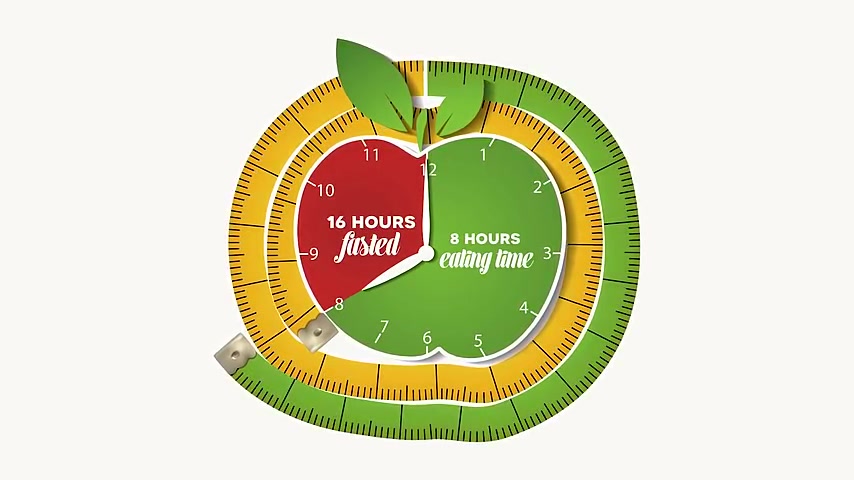
I am going to start with just the basics , essentially , intermittent fasting doesn't tell you what to eat , it tells you when to eat .
It's super simple .
There are a few different common patterns , but the one that I started following two years ago and still follow today is the 16 8 .
Essentially , all that happens is that you give yourself a feeding window and a fasting window .
Now your fasting window is 16 hours long and then your feeding window is eight hours long .
Hence the 16 8 .
And that's pretty much it in a nutshell , which is actually one of my favorite things about this approach because it's just so simple .
Other diets and weight loss approaches are so complicated and you have to keep track of so many things throughout the day with intermittent fasting .
The only thing you really need to keep track of is am I in my feeding window or my fasting window ?
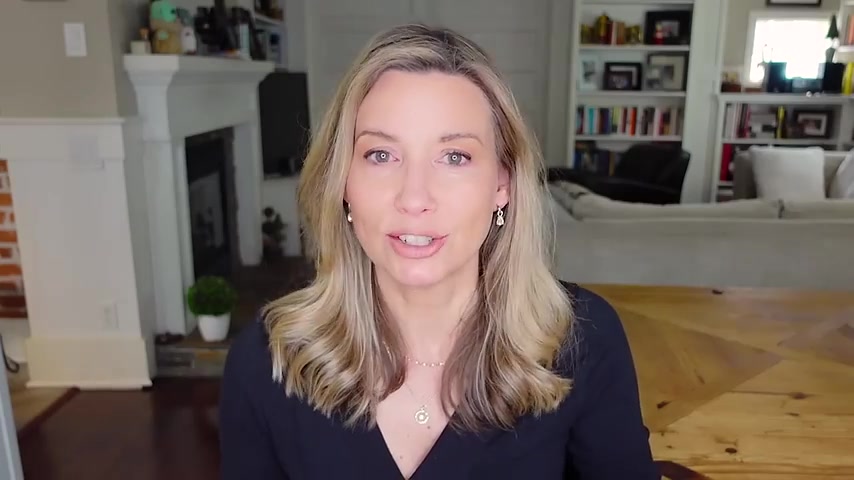
Now , let's just talk about the mindset shift required to even give this a try .
Now , most people think I am going to be starving .
If I go for 16 hours without food , I can't do it to which I want to ask you .
Are you sure ?
Because here's the deal , our bodies are actually designed to handle fasting from an evolutionary perspective .
This is what we have always done .
Food was never so readily available as it is now .
And all this nonstop eating and constant access to food , food and snacks and all of that , there is nothing natural about that .
What is natural is having long stretches of time between feeding and allowing our bodies to trigger the normal mechanisms that are built in to allow us to access energy reserves that are literally there for that purpose .
In fact , you already fast right now every day without realizing it , when you're sleeping , you are not eating right .
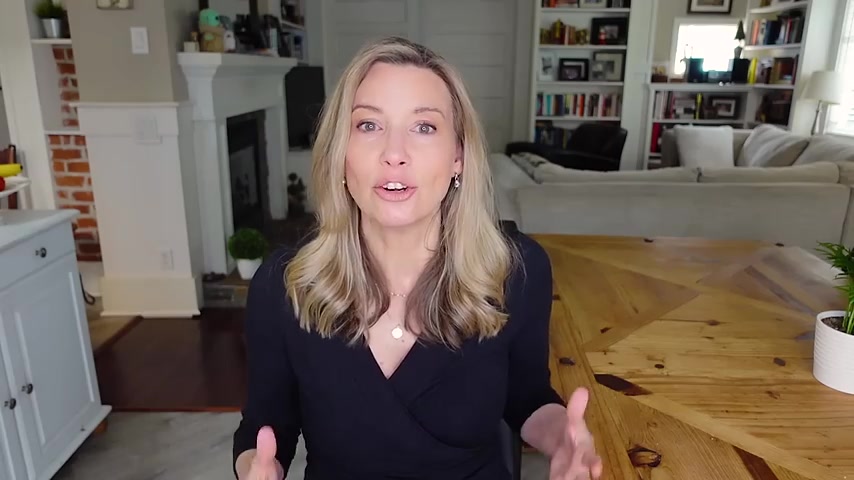
And this is actually the easiest way to really ease into fasting .
It's just to extend your overnight fast , either before or after sleep or both because the magic happens once you get to that 12 hour mark of not having any food coming in because that is actually when your insulin drops and your body starts to access the energy that's stored in fat for energy .
That's right .
It's starting to burn fat , which is what most of us want .
Right .
And we have this mechanism built in because back in prehistoric times when we were evolving , there was a genetic advantage to being able to access those energy sources so that we could go out and hunt or gather or forage or whatever we had to do to get food .
We don't have to do that anymore .
Obviously , it's just a short walk to the refrigerator now , but your body still has the capacity to do this if you allow it .

Another issue is that our digestive systems were just not designed to have a constant flow of food coming in .
Our bodies are supposed to be functioning in a cycle .
Fasting gives our digestive tracts a rest and allows our bodies to do everything else that it needs to do .
So let me describe exactly how I structure my day around intermittent fasting .
So after eating dinner with my family in the evening , I am done eating for the day , no snacking or anything else after 8 p.m. Then of course , I'm sleeping through the night .
And then when I wake up in the morning , I have water with lemon and then my coffee which I have black , no sugar , no cream .
And then I get busy .
And this is actually one of my biggest tips for people who want to try intermittent fasting is to really use the mornings , especially when you're just starting .
And it feels kind of weird not to be having breakfast .
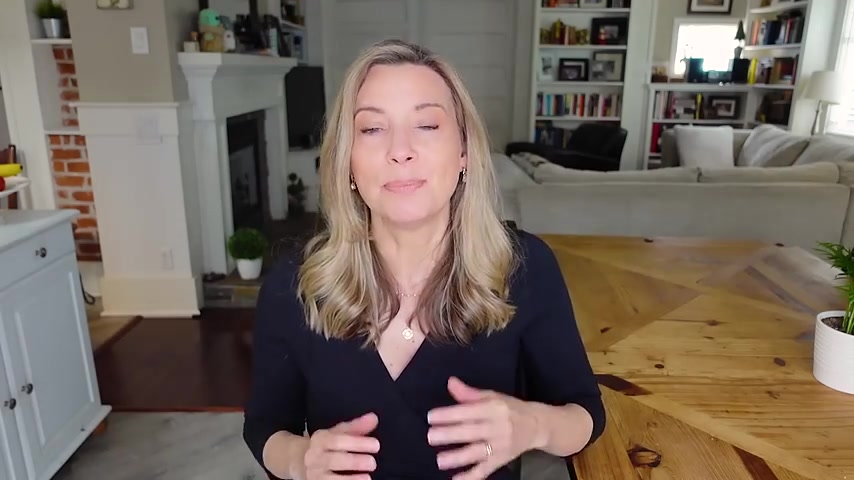
You want to keep yourself distracted and this is a really great opportunity to be very productive .
So in the morning , I am attending to getting my boys organized and off to school .
And then after that , that's when I exercise and I go for my run and I do my strength training and then I'm working .
So I work from home inside my business .
And the mornings are when I get a ton of stuff done , then pretty quickly , it's noon and my 16 hour fasting window is over .
So it's time for lunch .
And now I know that I'm in my feeding window , which means I get to enjoy my food without obsessing over it .
So I have a healthy lunch and later I have my afternoon tea , which is a ritual that I love .
And then in the evening , I have a healthy dinner with my family and sometimes to be honest , a not so healthy dinner .
And that is ok too .
The beautiful thing about this way of eating is that it's totally flexible .
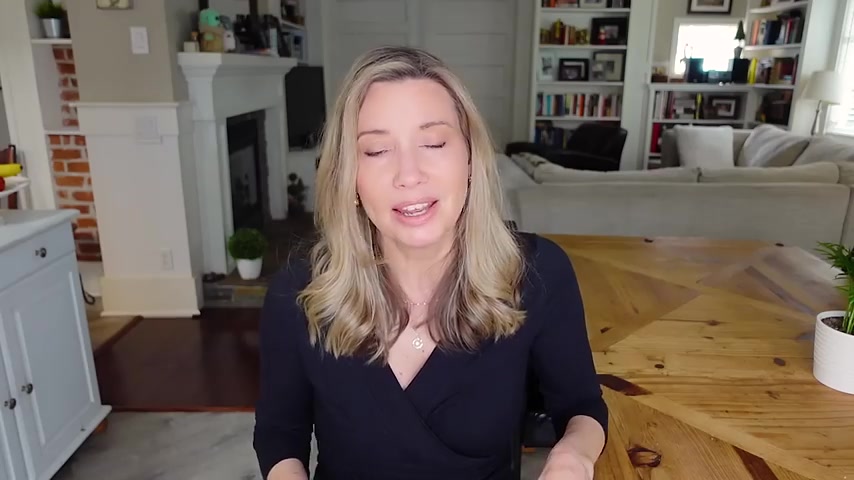
Our bodies were designed to handle fasting and also to handle occasional feasting .
That's the way it has always been .
So I enjoy birthday cake .
If it's somebody's birthday , I have a big Thanksgiving dinner on Thanksgiving and I have pizza with my family when we are having a movie night as long as it fits within my feeding window , it's all good .
And actually , even if it doesn't , I make it work , another thing that I love about intermittent fasting is the flexibility .
So let's say that there is a brunch that I have been invited to and maybe it's supposed to happen a little earlier in the morning than I usually eat .
And it's totally ok .
I can either start my fast a little earlier the night before or just skip it that day and start up again as usual the next day .
So some of the main reasons that I love this way of eating and why it works for me are number one .
It's super simple .
As I've said , there is nothing complicated to remember .
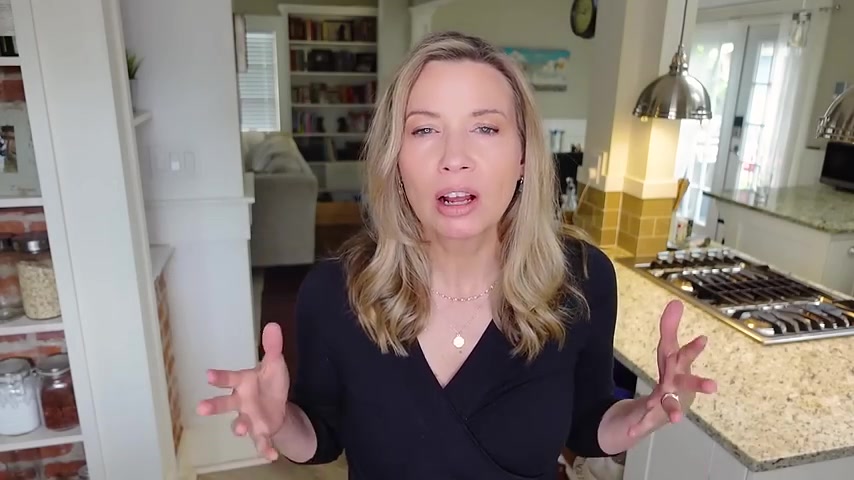
And in many ways , it takes the emphasis off of food because I'm not constantly trying to think of what's ok to eat and what's not ok .
And all of that two , it's free .
It costs absolutely nothing at all to adopt this way of eating .
Number three , it doesn't take any additional time at all .
In fact , it actually saves me time because my entire morning now has nothing to do with food .
So I actually have extra time to tidy up the house to attend to my kids needs and do my own things without having to worry about prepping food and making food and eating and cleaning dishes afterwards .
And all of that number four is , it's flexible like I said I can fit it into my lifestyle and my schedule with no fuss number five is it feels good .
So it took a little bit used to when I first started , but after about a week or two of following an intermittent fasting pattern , I started to feel really good .
I had more energy .
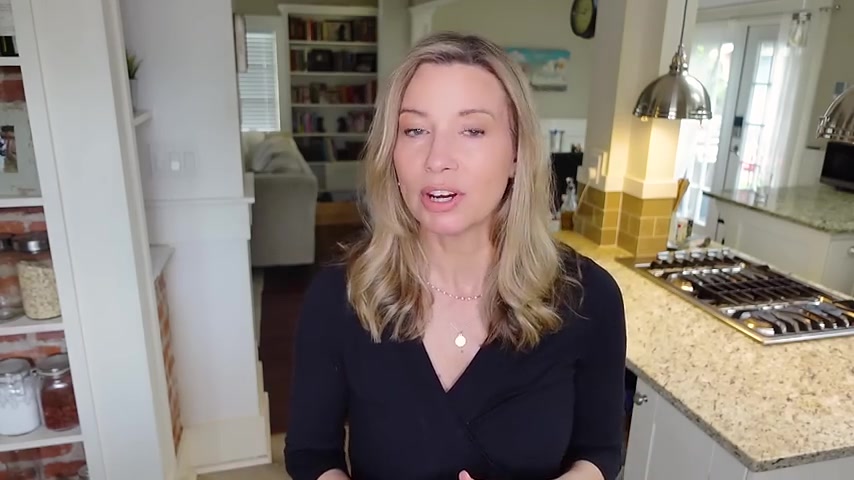
I felt healthier and I really like being able to give my digestive tract a nice break .
And I also began to experience the mental clarity that a lot of people experience during their fasting periods and maybe I'll do a whole other video on the science behind why this happens because it's really fascinating .
All right .
Number six , it's a , over the years , I have tried many ways of dropping weight after pregnancies or after a very sedentary period or whatever .
And everything that I've ever done has maybe worked somewhat , but it's been a real uphill battle and it takes a lot of effort .
This method feels almost effortless .
It's kind of amazing to actually feel in control of my weight and to know that I will always have this tool available to me .
And so I will always be in control .
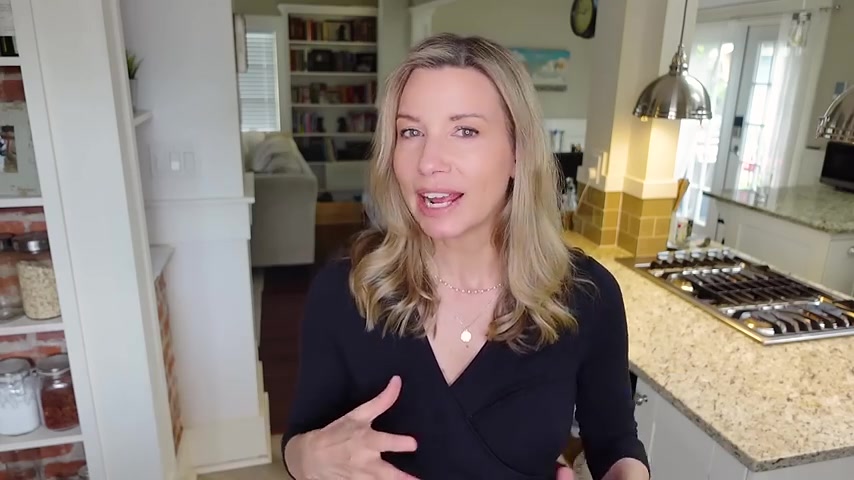
So if all this sounds good and you would like to learn a little more about intermittent fasting , then I have put together a free guide with my top 10 intermittent fasting tips and you can download that PDF for free just by clicking the link in the description box .
Now , I do want to say that if you are considering giving intermittent fasting a try , it's very important to talk to your own health care provider first .
Yes , I'm a doctor , but I'm not your doctor .
It's really important to have your own health health care team .
Give you the green light first because they know you and they know all those important details about your own unique medical situation .
Now , if you liked this video , then let me know and I will definitely make some more videos on this topic , you know , to go deeper and answer your questions because I would be happy to do that if there's an interest .
So be sure to let me know in the comments below this video .
All right , that is a wrap for today .

Thank you so much for joining me and for watching this and I will see you again next time .
Are you looking for a way to reach a wider audience and get more views on your videos?
Our innovative video to text transcribing service can help you do just that.
We provide accurate transcriptions of your videos along with visual content that will help you attract new viewers and keep them engaged. Plus, our data analytics and ad campaign tools can help you monetize your content and maximize your revenue.
Let's partner up and take your video content to the next level!
Contact us today to learn more.